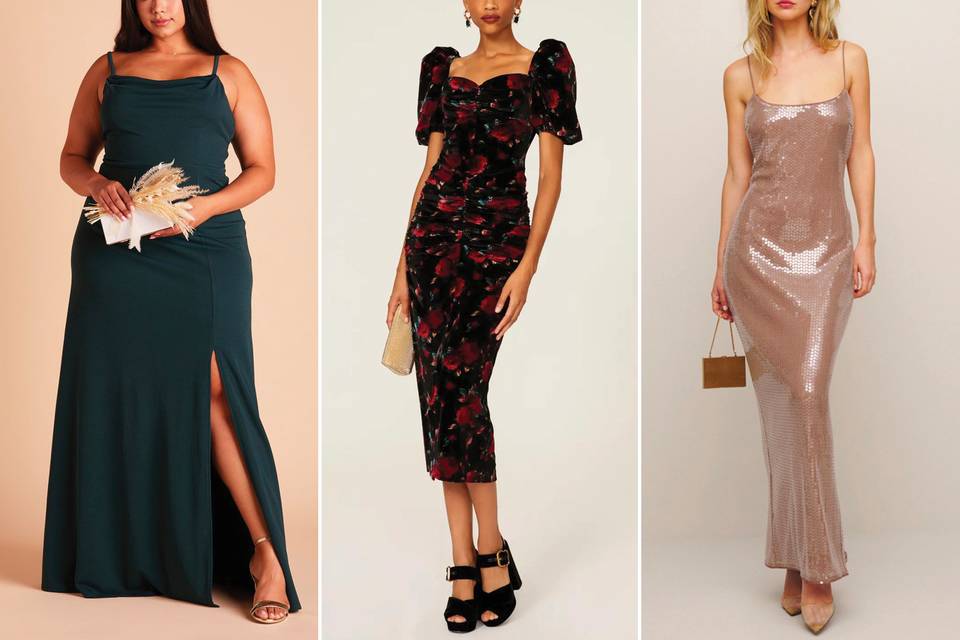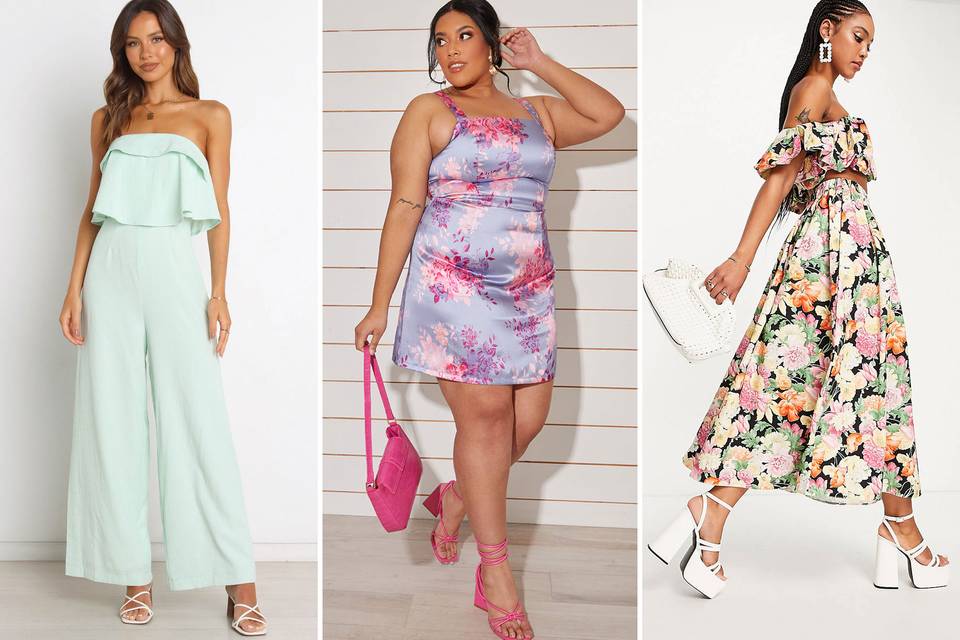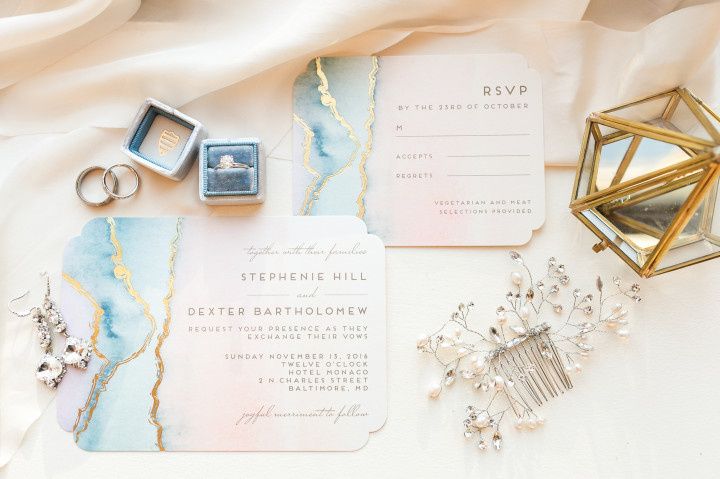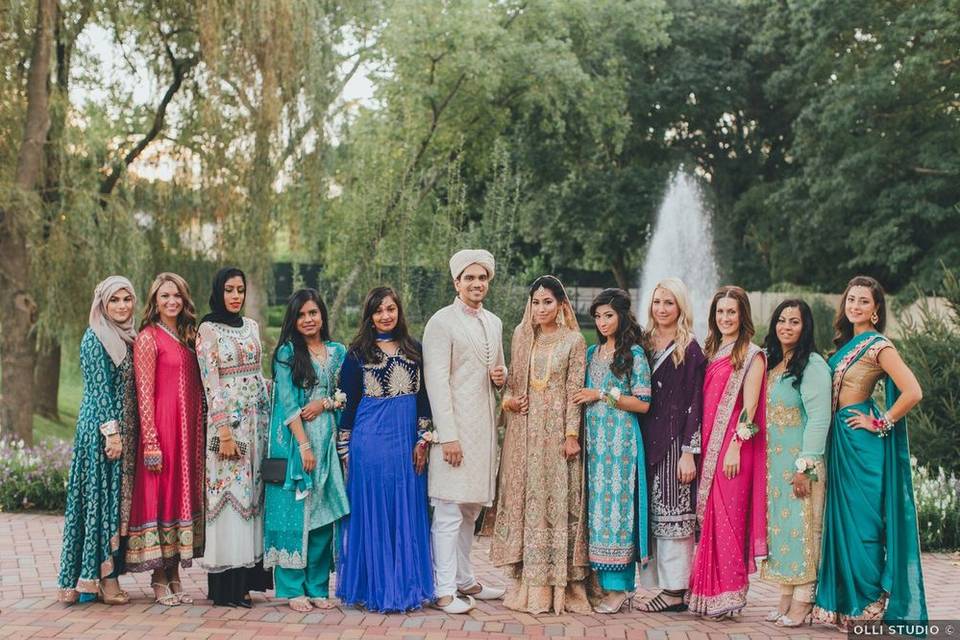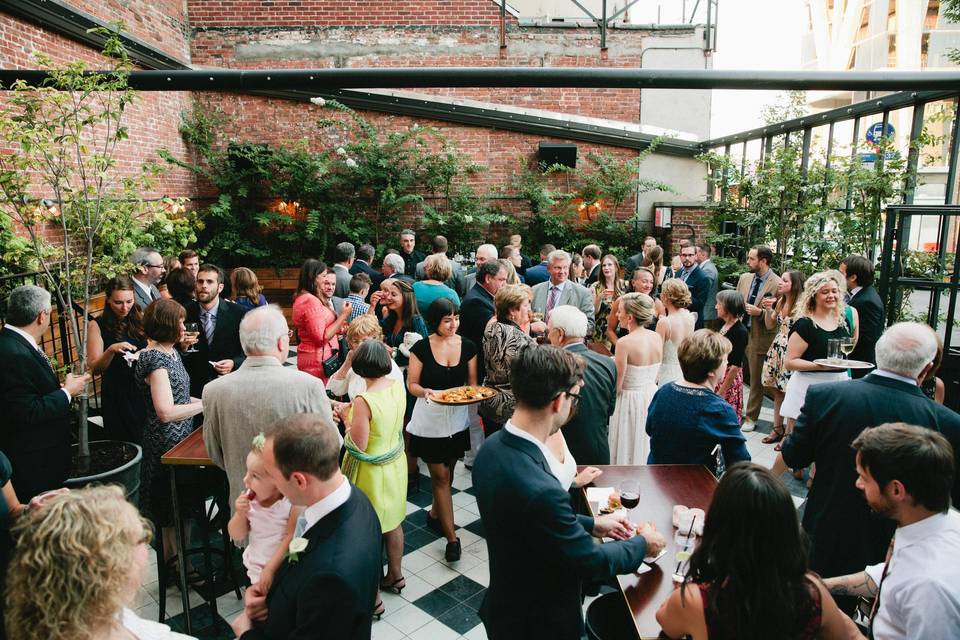When Is It OK to RSVP No to a Wedding? Etiquette Experts Weigh In
If you're not close with the couple, you're not obligated to attend a wedding. Here are some situations when it's totally fine to send your regrets.

We live in a world of constant social pressure and are practically programmed to say “yes” to pretty much any event that pops up on our calendar. This is especially true when it comes to large-scale, momentous, and celebratory events like weddings. “As human beings, most of us don’t like to let our friends and family down, and we presume that the person who has invited us will be sad or angry if we don’t attend their occasion,” explains Thomas P. Farley, etiquette expert and founder of Mister Manners.
Of course, if you’re RSVPing “no” to the wedding of a close friend or family member without good reason, it’s considered poor etiquette. However, if the individual inviting you is not someone particularly important in your life (nor are you in theirs), Farley notes that declining an RSVP without having a compelling set of reasons is entirely acceptable.
Sometimes we find ourselves in situations where we’d love to attend a wedding, but it’s not the right time frame, location or situation that is conducive to our personal lives—from distance to finances to a conflicting event to health factors. “As we may want to be all things to all people, any of those underlying factors would be perfectly reasonable causes to RSVP that you cannot be present,” adds Farley.
Diane Gottsman, International Etiquette Expert, is in total agreement that every invitation does not require a “yes” response. “Especially during a busy wedding or holiday season – time, scheduling and affordability can be factors in your decision, and it’s completely understandable if you can’t accept every invitation you receive,” she says. “Even if the invite says you have two months to respond, the best course of action is to reply within one week and send a gift ASAP using the couple’s registry as a token of appreciation for the invite.”
If you’ve been invited to a wedding that you’d prefer not to go to, here are 8 scenarios where etiquette experts give you a full stamp of approval to RSVP “no.”
You have another commitment.
Whether a commitment you’ve made is big or small, your “yes” that came first should always be honored, according to Heather Wiese-Alexander, an etiquette expert and founder of Bell'INVITO in Dallas, Texas. If you are nervous about how to handle letting the couple down, she recommends using this formula: “Share a healthy dose of excitement, add a dash of sincere gratitude, express brief disappointment you cannot attend due to already-set plans, and turn the conversation back to them (not your excuse),” she says. “Try something like, ‘I’m so excited for you, and honored you included me—thank you so much! I’m sad to have plans that weekend that will keep me from being able to attend. How was it that you two met?’ Or, ‘How has the planning been going?’ Or ‘What are you most excited about in these last weeks before the big day?’”
You’re short on funds.
This summer has seen more weddings than the two before it, so it’s no surprise if you’re feeling short on cash as you attempt to attend every wedding you’re invited to. If it is simply too costly for you to attend all of these weddings, Jodi R.R. Smith, owner of Mannersmith Etiquette Consulting, in Marblehead, Massachusetts, says that it’s OK to RSVP “no.” “This is especially true if these weddings require you to travel out of state, as this will require more than just the cost of getting there and the wedding gift itself,” she says.
The wedding requires travel.
No matter the reason, if traveling is a burden for you, Wiese-Alexander says it’s OK to RSVP “no.”
“The average hosts planning a destination wedding expect that not everyone will make the trip, while the average hosts planning an in-town wedding expect a certain number of out-of-towners will be unable to attend,” she says. “It’s perfectly fine, maybe even a relief to the hosts that you cannot attend.” In this scenario, she recommends making the commitment one way or another as soon as you receive the invitation (within a week).
You’re feeling down about being single.
What’s love got to do with it? Everything when it comes to weddings, according to Smith. “If you are recently single, it may be too much to attend a wedding—especially if other guests will be noisily asking when you are getting married,” she says. She gives full permission to RSVP “no” if it means protecting your mental and emotional wellbeing.
You’re not vaccinated.
The pandemic has changed the face of weddings as we know it and it’s no longer uncommon for couples to request that all of their wedding guests are vaccinated. If they are, and you are not vaccinated for one reason or another and don’t plan on doing so before the wedding date, Maryanne Parker, etiquette expert and founder of Manor of Manners, says it is perfectly acceptable to RSVP “no” to the wedding.
You just recovered from being sick.
“Recent illness can be an unfortunate barrier for us attending a wedding due to the fact that we will be exposed potentially to a larger group of people and this might jeopardize our fragile health even further,” says Parker. “We are living in very different and uncertain times and it is better to be safe than sorry.”
There was a recent death in the family.
If you are in the process of mourning the loss of someone you love, you absolutely have the right to decline an invite to a wedding, according to Parker. In these cases, she recommends being honest and explaining how you feel—that you are not ready to celebrate, especially such a grand event when probably many people might ask about the person you have lost. “We can not feel festive due to the mourning stage we are currently in,” she adds.
You just don’t feel comfortable.
“COVID has changed the lives of many, and even though the wedding may be outside, many people don’t feel comfortable in crowds,” says Lisa Grotts, San Francisco-based etiquette expert. In this case, the best thing you can do is just be honest. “Someone can be vaccinated and still wish to play it safe,” she says. “With the breakthrough virus, this might be more common in the near future.”

